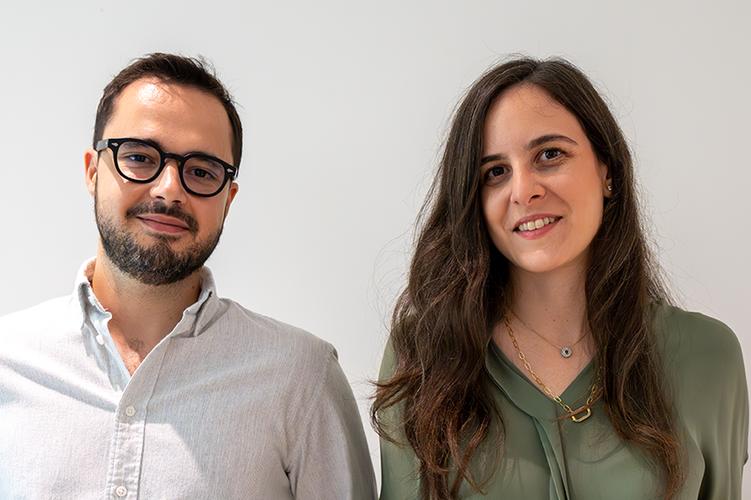- Zest Wire
- Posts
- Zest Your Equity | 1-May-2025
Zest Your Equity | 1-May-2025
Read about our latest fundraise, LBO concepts, and more.

This week’s agenda 📜
Zest news 🎉
Terms and concepts ✍️
Who’s raising? 💰
M&A activity 🤝
What we’re reading 📖
Let’s dive in 👇
First-time reader? Sign up here to make sure you never miss another edition.
Zest news 🎉
We’re excited to have announced our latest funding round, led by Prosus Ventures, with participation from Morgan Stanley Inclusive & Sustainable Ventures (MSISV).
The round reinforces our commitment to digitizing private market transactions across the MENA region, with a focus on growing our presence in KSA and UAE, launching new products, and scaling technology infrastructure.
Thank you for your continued support!
Read our press release here 👇
Terms and concepts ✍️
This week, we want to demystify some terms that are commonly seen in leveraged buyout (LBO) transactions. For additional reading, check out our recent blog post on the topic here.
Leverage Ratio: A measure of how much debt is being used relative to a company’s EBITDA (typically expressed as Total Debt / EBITDA). It’s a key indicator of risk and repayment capacity in an LBO.
EBITDA Margin: A profitability metric calculated as EBITDA divided by revenue. It shows how efficiently a company converts revenue into operating cash flow—and is critical in LBO modeling, since higher margins mean more room to service debt.
Capital stack in a leveraged buyout transaction: In an LBO, the capital structure is the blueprint for how the acquisition is financed—blending debt and equity to maximize returns while managing risk. Here are the main components:
Senior debt: Typically the largest portion of the debt and the first to be repaid. It carries the lowest risk for lenders but may have stricter repayment terms and covenants. Senior debt typically comprises between 50-80% of the total capital stack of an LBO.
Junior or subordinated debt: Higher risk and lower priority of repayment if the target can’t meet its obligations, but it also carries a higher interest rate. Subordinated debt can comprise up to 20-30% of the total capital stack depending on the LBO model the buyer build in due diligence.
Mezzanine financing: A hybrid of debt and equity features. Often carries warrants or convertible securities.
Equity contribution: The buyer injects a certain amount of equity, aligning their interest with the success of the business. This equity portion can be between 20-30% of the capital stack depending on the deal.
Who’s raising? 💰
🇸🇦 Saudi Arabia-based digital platform supporter iMENA Group has raised a $135 million pre-IPO investment from Sanabil Investments, FJ Labs, and Saygin Yalcin, the founder and CEO of SellAnyCar, and a number of other Saudi investors.
🇸🇦 Saudi Arabia-based fintech erad has raised a $16 million pre-Series A funding round, backed by Y Combinator, Nuwa Capital, Khwarizmi Ventures, Aljazira Capital, VentureSouq, Oraseya Capital, and Joa Capital.
🇦🇪 UAE-based crypto startup Resolv Labs has raised $10 million in a seed round led by Cyber.Fund and Maven11 and joined by Coinbase Ventures, SCB Limited, Arrington Capital, Animoca Ventures, Gumi Cryptos, NoLimit Holdings, and Robot Ventures.
🇸🇦 Techrar, the Saudi platform for managing subscriptions, memberships, and recurring billing, has closed an investment round worth $1.6 million, led by Aramco's VC arm (Wa'ed Ventures).
🇦🇪 UAE-based premium e-commerce platform Hushday has raised $550,000 in a pre-seed funding round from undisclosed regional investors.
M&A activity
Saudi Arabia-headquartered foodtech Calo has expanded into the UK by acquiring Fresh Fitness Food and Detox Kitchen. Source.
Miran, an AI-driven health and fitness app, and Welnes, a leading fitness community platform, are proud to announce their merger, creating a powerful health and fitness app. Source.
What we’re reading 📖
How did we do? |





